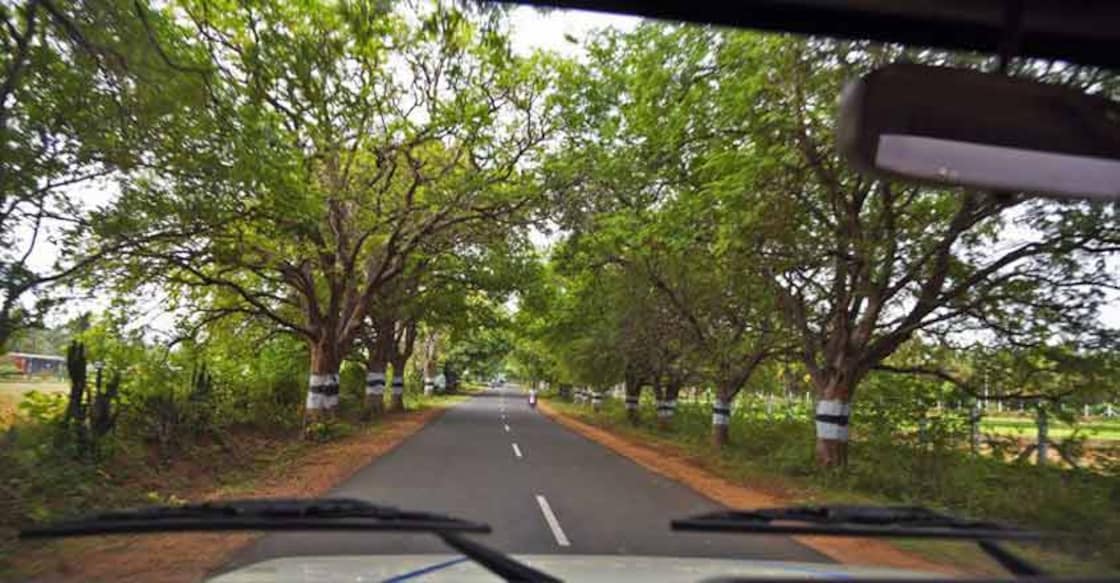Lessons in nature conservation Kerala can learn from Tamil Nadu

Mail This Article
A trip beyond the Western Ghats is a big relief for vehicles from Kerala. They taste 'freedom' on the wide roads. But in Tamil Nadu a feast awaits the eyes of travellers too.The green expanse of the paddy fields teaches several lessons in real development to a Keralite along with some other insights.
The roads
Tamil Nadu sports wide roads thanks to the generous availability of land that Kerala cannot match. But our state can emulate the greenery seen on the sides of roads in the neighbouring state.
In Tamil Nadu, tamarind trees are planted on roadsides. Tamarind tree has three advantages. One is shade. The second, the tamarind produced can be used in our kitchen and third, the strong wood of the tree can withstand natural calamities and also does not break as it ages.
Keralites have seen only flowering trees on roadsides the branches of which break during heavy rain. Some trees may even be uprooted in inclement weather.
The road in Tamil Nadu, meanwhile, continue to keep travellers cool.
Nature
Travellers from Kerala would wonder whether they are still in the state when visiting Tamil Nadu. Coconut trees and paddy field, which were once synonymous with Kerala, are seen more in Tamil Nadu than our state.
Natives of Tamil Nadu would inform you that most of the coconut groves in that land are owned by Keralites.

Leaves
One can see several functions organized following the 'green protocol' in Tamil Nadu. Fronds of coconut trees are used to set up temporary structures. This applies to the important events like wedding too.
No plastic is used in building these structures, offering a pleasing sight to eyes and causing no damage to the environment.
Serving food
Most hotels in Tamil Nadu serve food on leaves. Breakfast, lunch and dinner, biriyani and dosa all can be tasted on leaves.
In Kerala, the mushrooming street-side food outlets give out parcels in plastic covers that are disposed haphazardly, destroying nature. This also poses a serious health hazard. Nobody in Kerala considers the health issues they may develop by eating a hot omelet that was packed in a plastic cover.

A model that Kerala can emulate is seen on the route to Pichavaram, a tourist spot. Pickles are sold in small packets here. Buy a packet and you can learn the difference. The outer covering is made of paper and inside it, pickle is packed in a leaf.
Elders in Kerala would tell you that in olden days, food used to be packed in teak leaves here too.
We may not be able to totally avoid plastic in our lives. But the packing of pickles gives Keralites, who dump tonnes of tiny plastic covers, some valuable lessons.
When we learn that the most dangerous garbage dumped in the seas is the straw used to drink juice, the importance of pickle packing in Tamil Nadu becomes more evident.

Though we may have limitations in replicating the Tamil Nadu model entirely in Kerala, we need to set up 'oases' where the green protocol is observed in earnest.
This would not only save nature but also generate several new job opportunities.

